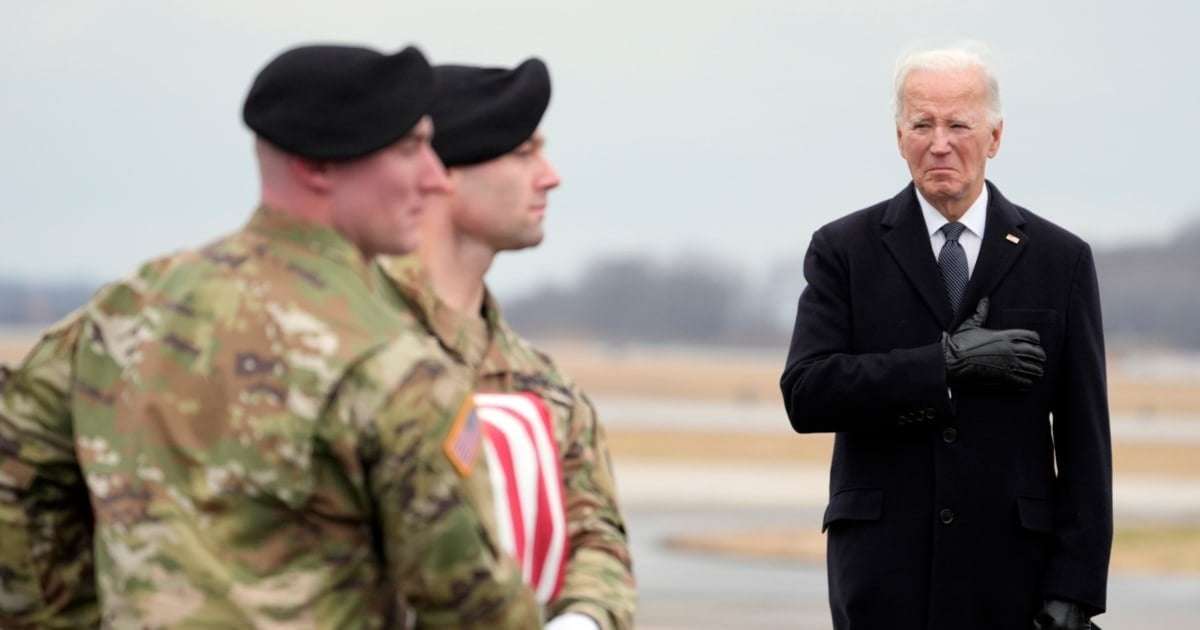ERBIL, Iraq — The dozens of airstrikes launched by the United States late Friday are by far its biggest attacks against Iran-backed militants in the Middle East during this current round of conflict.
However the strikes in Iraq and Syria, an initial retaliation for the killing of three American soldiers, did not go as far as some more hawkish figures had hoped, as the White House tries to avoid an all-out war with Iran. Some regional watchers have warned that this apparent restraint — including telegraphing the attacks well in advance — may mean the militias feel emboldened to continue their violence against American forces in the region.
The bombings drew an angry reaction from Iraq itself, which summoned the U.S. envoy in protest and said the strikes on its soil had killed civilians and risked destabilizing the region. Syria said the U.S. was fueling regional conflict in “a very dangerous way.” Iranian officials have been similarly hostile, and Tehran, though also reluctant to see a wider war, has warned American strikes would not go unanswered.
“What you saw last night and what you are going to see again was not insignificant,” a senior Biden administration official told NBC News. “When you hit 85 targets over 30 minutes, that sends a strong signal about the capability that we have,” the official said, adding that “there are other things we’re going to do. Some you will see and some you won’t see.”
The past 24 hours, in which U.S. fighter jets also hit Houthi rebel drones in Yemen and Israel was suspected of killing an Iranian military adviser in Syria, will do little to tamp down rising tensions across the Middle East. The European Union’s top diplomat, Josep Borrell, described the situation Saturday as “a boiler that can explode.”
“This is by far the most expansive military action we’ve taken against Iran’s proxies in Syria and Iraq to date — that makes this a significant development by itself,” said Charles Lister, a senior fellow at the Middle East Institute, Washington’s oldest think tank focusing on the region.
“In terms of measuring this by how maximalist or minimalist we could have been, this sits somewhere in the middle, not a major campaign by any means, but a notable one that if followed by more could begin to send a deterrent message,” Lister told NBC News.
“But for now, I’d count on the militias feeling relatively confident that they’ll be targeting Americans again not too long from now,” he said.
The U.S. strikes are the latest salvo in the simmering, Middle East-wide unrest that has threatened to boil over since Hamas’ Oct. 7 attack on Israel, in which some 1,200 people were killed, and Israel’s subsequent war in Gaza, which has so far killed more than 27,000 people.
